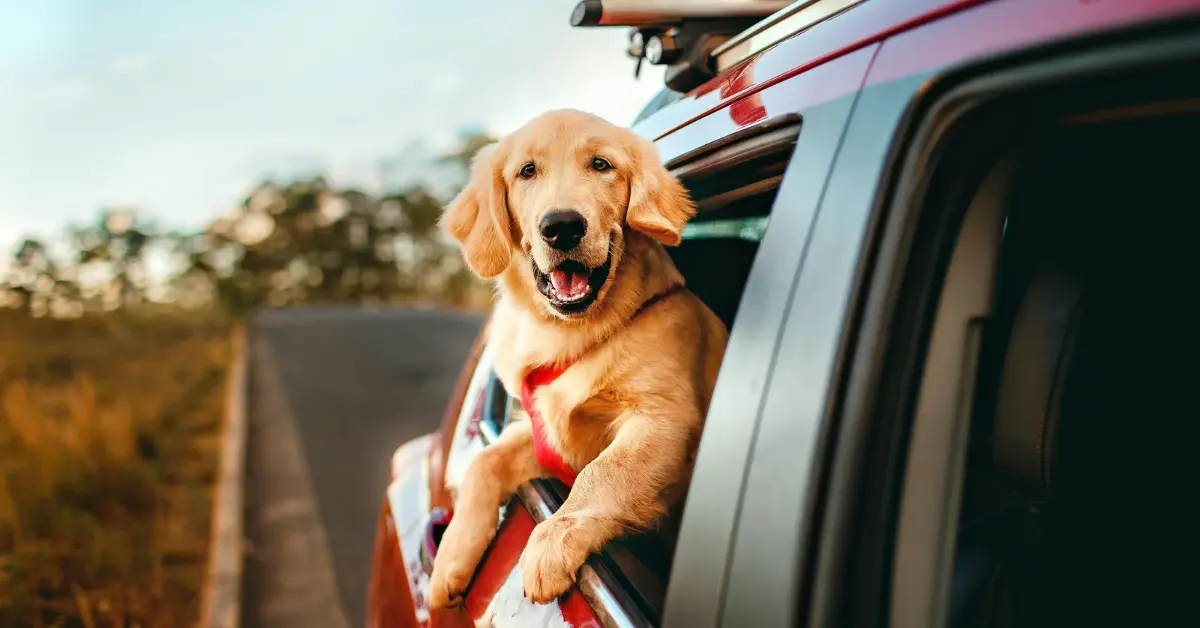How Pets Can Affect Your Car’s MOT: Tips for Pet Owners
How Pets Can Affect Your Car’s MOT: Tips for Pet Owners
For many of us, our pets are cherished family members who accompany us on various car journeys. However, what many pet owners don’t realize is that their furry friends can significantly impact their vehicle’s MOT test results. This comprehensive guide explores how pets can affect your car’s MOT and provides essential tips to ensure your vehicle passes with flying colors.
Understanding How Pets Can Affect Your Car’s MOT
Pets can inadvertently cause damage that may lead to MOT failures. It’s crucial to understand the potential issues and how to mitigate them.
Interior Damage and MOT Requirements
While the MOT test primarily focuses on safety-critical components, interior damage can lead to failures if it affects safety-related features. According to the DVSA guidelines, certain interior elements must be in good condition for a pass.
Seat Belt Damage
Pet claws and teeth can cause significant damage to seat belts, which is a common cause of MOT failures. Frayed or damaged seat belts compromise passenger safety and will result in an automatic failure. Regular inspection of seat belts for pet-related wear and tear is essential.
Seat and Upholstery Issues
While general wear to seats won’t typically cause an MOT failure, severe damage that affects the structural integrity of the seats can be problematic. Pet hair can also clog seat adjustment mechanisms, potentially leading to failure if the driver’s seat cannot be adjusted properly.
Preventing Pet-Related MOT Issues
Use Protective Covers
Installing high-quality seat covers designed specifically for pet transport can prevent direct contact between your pet’s claws and the car’s upholstery. These covers should be regularly cleaned and checked for damage.
Install Pet Barriers
Using proper pet barriers or crates prevents animals from accessing critical areas of the vehicle. This not only protects your car’s interior but also ensures safer travel for both pets and passengers.
Regular Cleaning and Maintenance
Deep Cleaning Schedule
Establish a regular cleaning schedule to remove pet hair and dander. Pay special attention to:
- Ventilation systems
- Seat mechanisms
- Seat belt retractors
- Door seals
Air Filtration
Replace air filters more frequently if you regularly travel with pets. Clogged filters can affect engine performance and potentially impact emissions tests during the MOT.
Safety Considerations
Window Operation
Ensure pets cannot accidentally damage electric window mechanisms, as these are checked during the MOT. Consider using window guards or child locks when traveling with pets.
Dashboard Visibility
Keep the dashboard area clear of pet hair and scratches, as any damage that impairs visibility through the windscreen can result in an MOT failure.
Additional Tips for Pet-Owning Drivers
Pre-MOT Inspection
Before your MOT test:
- Check all seat belts for signs of damage
- Ensure seat adjustment mechanisms work smoothly
- Inspect upholstery for significant damage
- Clean all windows and mirrors thoroughly
Professional Cleaning
Consider professional cleaning services specifically designed for vehicles with pet passengers. These services can help remove deeply embedded pet hair and address any odor issues that might make the MOT inspection uncomfortable for the tester.
Frequently Asked Questions
Can pet hair affect my car’s MOT test?
While pet hair alone won’t cause an MOT failure, excessive accumulation in mechanical components like seat adjusters can lead to failures if they affect proper operation.
Will scratched upholstery fail an MOT?
Minor cosmetic scratches won’t cause a failure. However, deep scratches or tears that compromise seat structure or safety features will result in failure.
How often should I clean my car if I travel with pets?
Regular weekly cleaning is recommended, with deep cleaning every 3-4 months, depending on how frequently you travel with pets and their shedding patterns.
Can pet-related damage void my car warranty?
Some warranties may not cover damage caused by pets. Check your warranty terms and consider additional protection if you regularly travel with animals.
Does pet damage affect my car’s resale value?
Yes, significant pet-related damage can reduce your vehicle’s resale value. Maintaining proper protection and regular cleaning can help preserve your car’s value.
Conclusion
While traveling with pets can potentially impact your car’s MOT results, proper preparation and maintenance can prevent most issues. Regular cleaning, appropriate protective equipment, and periodic checks of critical components will help ensure your vehicle passes its MOT test while keeping your furry friends comfortable during travel.
Remember that prevention is always better than cure. Investing in proper pet protection for your car is far more cost-effective than dealing with MOT failures or expensive repairs. By following these guidelines, you can enjoy worry-free travels with your pets while maintaining your vehicle’s roadworthiness.

